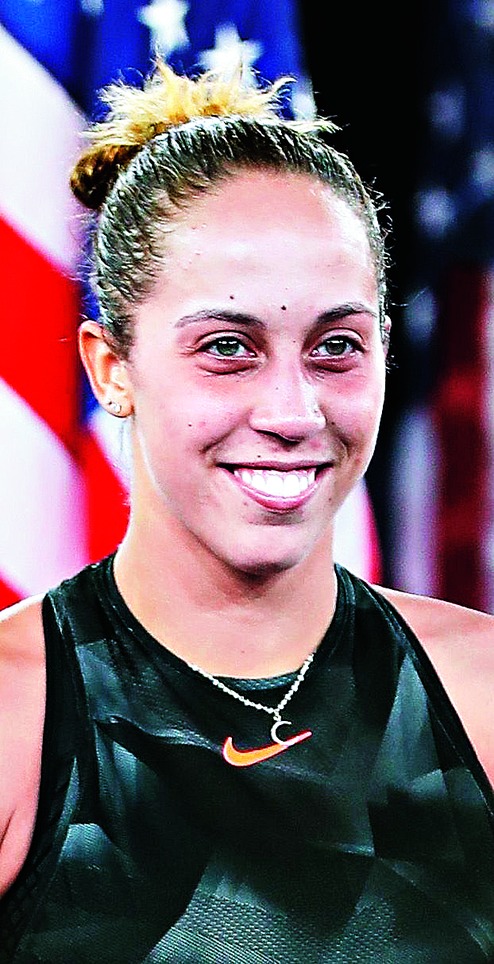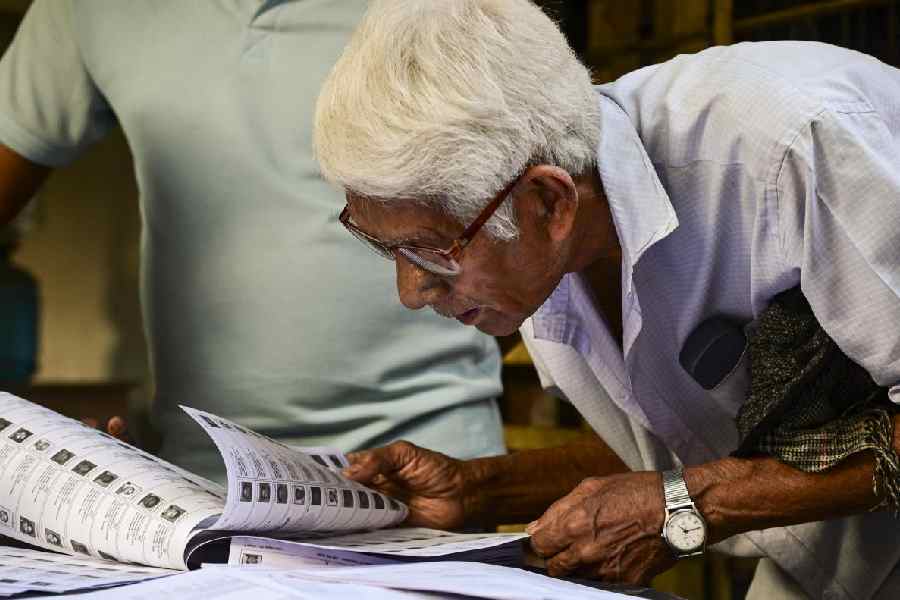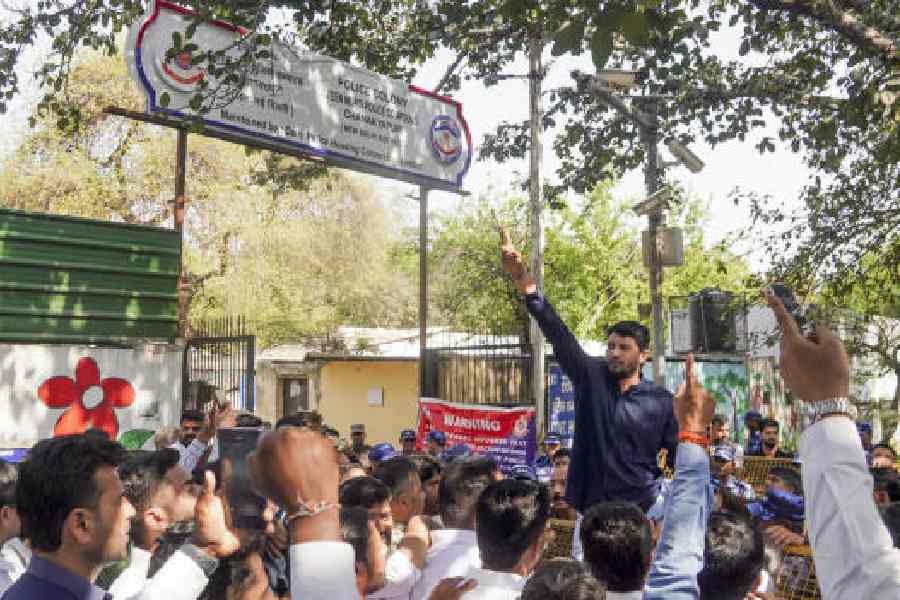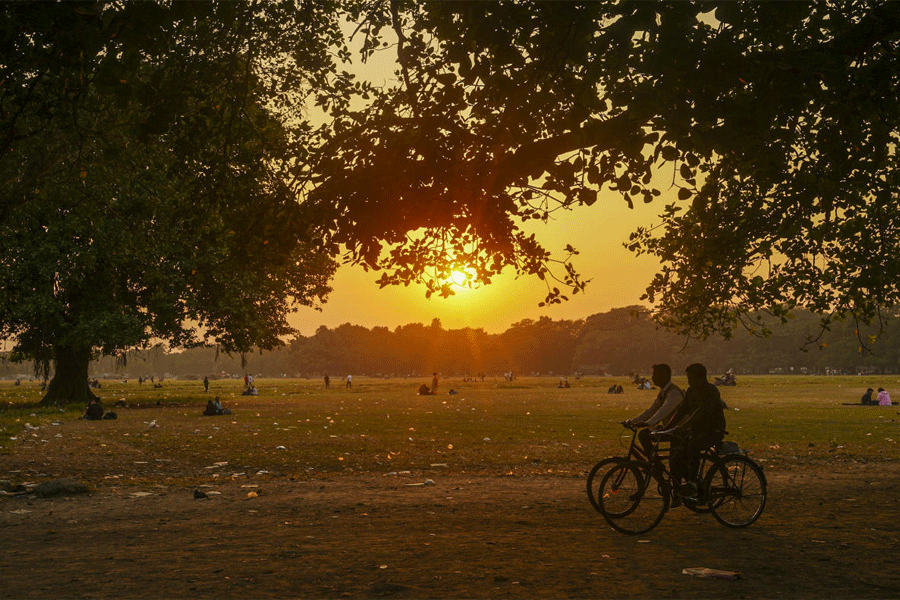
New York: It was springtime in the US, and the women's tennis tour was in full swing, with the clay-court season underway. Kamau Murray received a call in April from his injured protege Sloane Stephens, who explained that she was ready to start practising.
Murray, surprised at how soon the call had come after Stephens's foot surgery in late January, said he told her, "O.K., call me when you can walk."
Nonetheless, they were soon on a court at UCLA in early May, with Stephens sitting on a wooden table with a racket in her right hand as Murray tossed her balls. He said he then had her sit on a backless office chair with wheels, so she could roll around and hit some more. Stephens was not able to stand and hit until May 16. Even then, she was not yet allowed to run.
Neither of them could have imagined then that she was actually on the verge of winning her first Grand Slam singles title.
"Impossible, I would say," Stephens said as she stood in Arthur Ashe Stadium on Saturday with a US Open trophy in her hands.
Even tennis, a sport where comebacks are the coin of the realm, has rarely seen a revival quite like this. Stephens, a 24-year-old with an incandescent grin and a potent blend of offensive and defensive skills, was ranked 957th early last month after having returned to the tour in July.
But on Saturday, she beat the No. 15-seeded Madison Keys, her American contemporary, 6-3, 6-0, in just 61 minutes in the U.S. Open final.
Laughing outside the locker room shortly after Stephens's victory, Murray said he would not have believed in May this result would come. "You always expect to play well and try hard and give a good effort, which she has been doing very consistently," he said.
Saturday's match was the first major singles final for both Stephens and Keys, who have been friends since their junior days and have played on Fed Cup teams and Olympic teams together. Stephens's resurgence has been astonishing in its speed, but Keys has made a convincing comeback of her own after two operations on her left wrist in the past 10 months.
Tabbed as a future No. 1 by Serena Williams, Keys, 22, is arguably the most powerful player in women's tennis. Stephens is arguably the quickest, but she also has ample punching power.
And while the explosive Keys struggled with her emotions and her accuracy, Stephens often looked as if she could have been raking sand in a Zen garden. She prevailed convincingly in a duel that has a chance to be replayed on the game's big stages in the years to come.
"I should just retire now," Stephens said during the trophy ceremony. "I told Maddie I'm never going to be able to top this. I mean, talk about a comeback."
When Keys's final forehand struck the net, Stephens lifted her arms in triumph. But she soon tempered her celebration, walking to the net and sharing an extended embrace and intense conversation with Keys, who was crying as they spoke cheek to cheek.
Stephens later sat down next to Keys before the trophy ceremony, something the Williams sisters have done for years after their major finals. Stephens and Keys chatted and joked with each other, hiding their mouths from the cameras with towels. "I told her I wish there could have been a draw," Stephens said later.
Stephens, who will rise to No. 17 from No. 83 on Monday, is the first American woman not named Williams to win a Grand Slam singles title since Jennifer Capriati at the 2002 Australian Open. Stephens also joins a prestigious group of African-American winners of the US championship, which began with Althea Gibson 60 years ago.
Stephens was born in Plantation, Florida., in 1993, the year before Venus Williams turned professional (Serena Williams would follow suit in 1995). But in her early years, Stephens was a fan of the powerful and extroverted Kim Clijsters, who was one of the many who congratulated Stephens in person on Saturday.
She reached the Australian Open semi-finals in 2013, beating Serena in the quarter finals. But she struggled with consistency and played with a style that many analysts considered too defensive. She has come into her own by finding a renewed passion for the game after an 11-month injury layoff.
"There's a different look in her eyes since she came back," said Chris Evert, a former No. 1 player who has known Stephens since she was a junior player.
She is happy in her personal life with her boyfriend, the American soccer star Jozy Altidore, and she is projecting a new calm on the court. But calm is not nearly enough to defuse big talents like Venus and Keys, the two Americans whom Stephens beat in the final two rounds in New York.
Stephens is also striking the right balance between defence and offenc, rarely overhitting and putting ample topspin on her big forehand, which gives her plenty of margin for error.
It has been a summer of wonder for Stephens, and there was more at the trophy ceremony when she was presented with the champions' check for $3.7 million. Not the least bit blase, Stephens did not hide her surprise or delight.
"I had no idea it was that much money," she said later. "The other day, I saw a ticker going across the screen, and the semi finals was $900,000, and I literally almost passed out."
Stephens is the lowest-ranked player to win the women's title at the U.S. Open in the Open era, which began in 1968. Clijsters, returning after the birth of her first child, won the event in 2009 without a ranking.
But Stephens, who reached the semi-finals in Toronto and Cincinnati before arriving in New York, was a clear threat coming into this tournament despite being unseeded.
Now she is a Grand Slam champion, just like the Williamses and Clijsters.
"One day I'm going to, like, be able to show my kids that I won the U.S. Open," Stephens said with the trophy next to her. "Like how many people can say that? Not many, and they already engraved my name on the locker. Like, hello. This is awesome."










